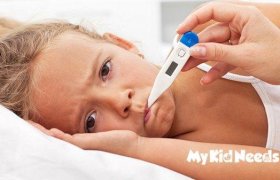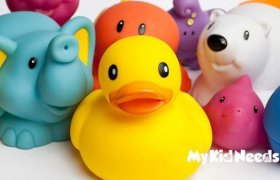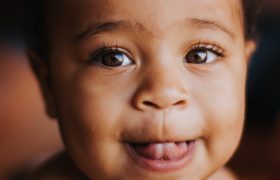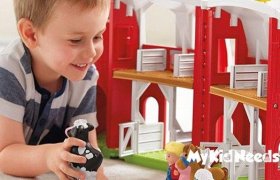Do Lice like Clean Hair?
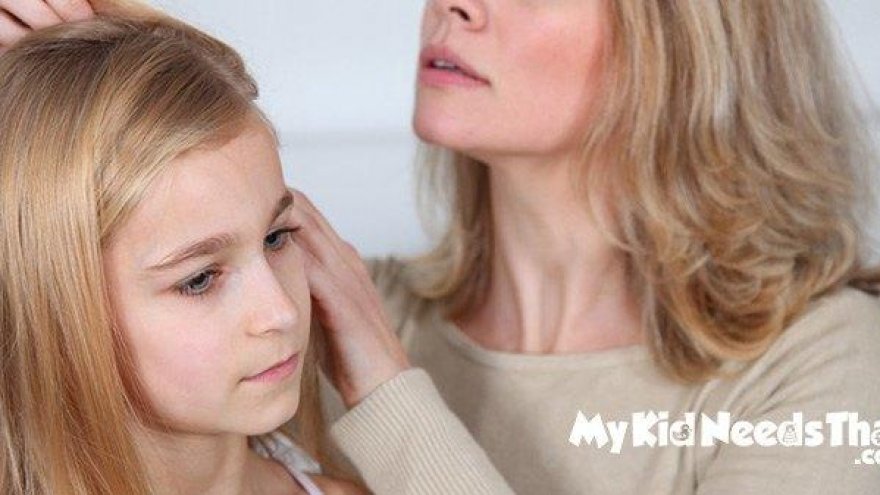
Before answering the question of whether or not head lice like clean hair, the nature of head lice should be explained so that you can get a deeper understanding of how they end up in your scalp in the first place.
What are lice?
Head lice, or in singular form, head louse, are a type of parasite that feeds on human blood. Its scientific name is Pediculushumanuscapitis and the condition where you have an abundance of head lice is called Pediculosiscapitis. As a parasite, it needs to have a host. It will not thrive by itself because their survival depends on their host. In this case, the host is the human.
Head lice have no wings. They have legs that have claws in the end which allow them to stick to your scalp. To get blood from your scalp, they open their mouths and simply bite. When they bite into your scalp, their mouths secrete a substance that helps prevent blood clotting. These parasites are not difficult to see especially when you try to go over your hair when you comb. Their color can be any shade of brown.
Do lice like clean hair?
When it comes to head lice, too often will you hear people say that you have dirty hair that is why you have them. When your hair hasn’t been washed or has been oily enough, head lice will eventually live on your scalp. These statements are most definitely not true because head lice end up on your scalp if you have had direct contact with people who have head lice.
You also get them when you share brushes, clothes, pillows, towels, etc., with people who have head lice. For the louse, it does not matter if your hair is clean or dirty. What is important is that it is attached to a human host so that it can bite the scalp and extract human blood.
Studies show that head lice are more prone to be found among young children, specifically girls. This is because this stage of the parasite’s life has more direct contact with another girl’s hair by way of playing, sharing brushes, sharing clothes, and sleeping side-by-side. They are more prone to be easily transmitted with head lice, but still there is no direct correlation with dirt-free hair to the presence of head lice.
To add to that, head lice do not just appear out of nowhere. You do not have to believe the next person who says that head lice suddenly appear on your head when your hair is dirty because that is false. However, it still helps if you maintain your hair and try to keep it hygienic. Hygienic in this case means that it should be free from head lice, too. So if you already have head lice, it is best to get rid of them before they spread and produce more. It would be more disturbing if they proliferate.
How do you treat head lice?
There are several ways to treat head lice. One, and the most common way, is to use lice shampoos that kill head lice. These shampoos have pesticides in them that are specifically formulated to kill parasites on the head. Two, you can use a lice comb which is more effective if you want to remove nits. You can also get rid of adult lice that are clinging to your hair strands if you comb your hair thoroughly using a lice comb.
If you are more of a preventive person and you want to prevent having head lice, it is pretty simple – avoid direct contact with anyone’s hair and do not share brushes or clothes as head lice might be on them.
You can also use oil on your hair or any hair product that makes your hair a bit greasy because head lice will definitely have a hard time clinging to your hair strands, let alone to your hair shaft. You can use a wax, gel, or a hairspray. If your hair is colored or treated, the chances of having head lice also decreases. This is because head lice actually prefer hair that is all-natural.
If there is something to be said about head lice, it is that they like a natural environment. Saying natural environment does not necessarily mean that the hair is clean. Head lice just prefer an environment where there are no chemicals getting in the way of them getting blood from our scalps. If there are chemicals, then they can die from it in the same way that they die from lice shampoo.

